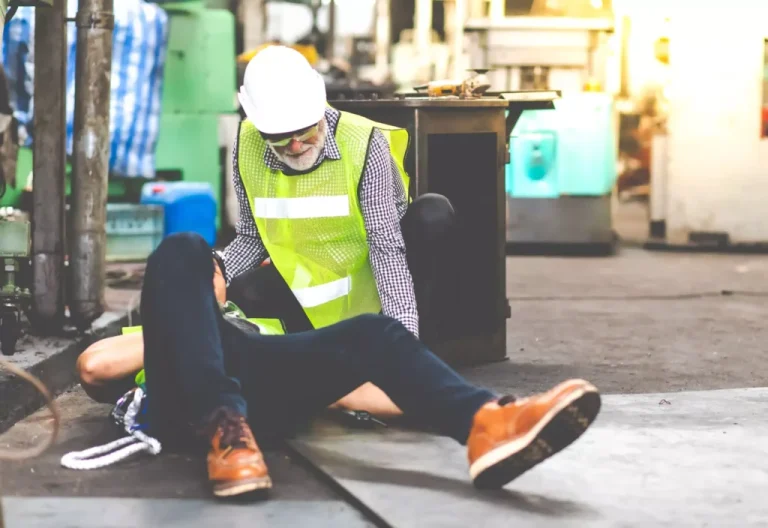Warehouses and logistics centers are some of the busiest, most physically demanding workplaces around. With constant movement, heavy equipment, and strict deadlines, it’s no surprise that accidents happen. Whether it’s a forklift collision, a slip on a wet floor, or a back injury from lifting, workers in these industries face serious risks. But what actually happens after an accident, and how do you make sure your rights are protected? One helpful place to start is by visiting https://workerscompensationattorneyorangecounty.com to better understand your legal options.
Understanding the process after a workplace injury is the first step. Having an experienced workers’ compensation lawyer by your side is often the second and smartest move you can make.
The Moment After: Reporting the Injury Matters
Accidents in logistics and warehouse settings can escalate quickly, but how you respond in the first few minutes makes a major difference in your claim.
Notify Your Supervisor Immediately
Even if your injury seems minor at first, reporting it right away is critical. Delayed reporting is one of the most common reasons claims are denied. Employers are legally required to keep injury records and begin the claims process, but they can’t do that if they’re unaware something happened. Don’t wait to “see if it gets better”, speak up, and document everything.
Medical Attention Isn’t Optional
Once the injury is reported, the next step is medical evaluation. This isn’t just for your health – it’s also a key part of your legal and financial protection.
Follow the Recommended Treatment Plan
Your employer or their insurance provider may send you to a specific doctor, especially in the early stages of a claim. It’s important to attend all appointments and follow instructions carefully. If you skip visits or ignore medical advice, it could be used against you later. A workers’ compensation attorney can help if you feel the medical care provided is biased or inadequate, and they can guide you through requesting a second opinion.
Fun fact: Some logistics companies use wearable tech to track worker movement and reduce strain injuries. While this helps prevent incidents, it also adds a layer of digital data that could come into play during a claim.
Investigations and Paperwork Begin
After your injury is documented and treatment begins, expect your employer and their insurance company to launch an internal investigation.
Keep Your Story Straight and Stay Consistent
Every detail you’ve provided – from how the injury happened to the pain you feel – will be reviewed. They’ll examine security footage, talk to witnesses, and compare statements. This is where inconsistencies can hurt your credibility. That’s why many injured workers choose to consult with a workers’ compensation lawyer early on. A legal professional helps you stay consistent, accurate, and protected throughout the process.
Returning to Work Too Soon – Think Twice
In physically demanding roles like warehouse or logistics work, returning to full duty too soon can lead to re-injury, or worse.
Ask About Modified Duties or Restrictions
Some workers feel pressured to get back on the job quickly, either from financial strain or subtle employer encouragement. But lifting heavy loads or operating machinery before you’re ready can make things worse. A good attorney can help negotiate for light-duty work or extended time off without putting your claim at risk.
When Claims Get Denied or Delayed
Not all claims go smoothly. Insurance providers often deny valid claims or stall the process with endless paperwork.
A Workers’ Compensation Lawyer Levels the Playing Field
When things go sideways, you need someone who knows how to fight back. Workers’ comp attorneys understand the tactics insurers use, and they know how to challenge unfair denials or delays. They can also step in when settlements are too low, making sure your compensation actually covers your medical bills, lost wages, and ongoing care needs.
Don’t Go Through It Alone
Logistics and warehouse jobs are tough enough without having to battle for fair treatment after an accident. Between the legal forms, medical evaluations, and pressure to get back to work, it’s easy to feel overwhelmed. That’s where professional legal support makes a real difference. You can use the map to quickly check out available options and see who might be the right fit to help:
A quick look at the map can help you find a qualified lawyer to handle your case while you focus on healing. You don’t have to figure everything out by yourself.
In the world of workers’ compensation, knowledge is power – but a smart legal ally gives you the edge you need to recover with confidence.
